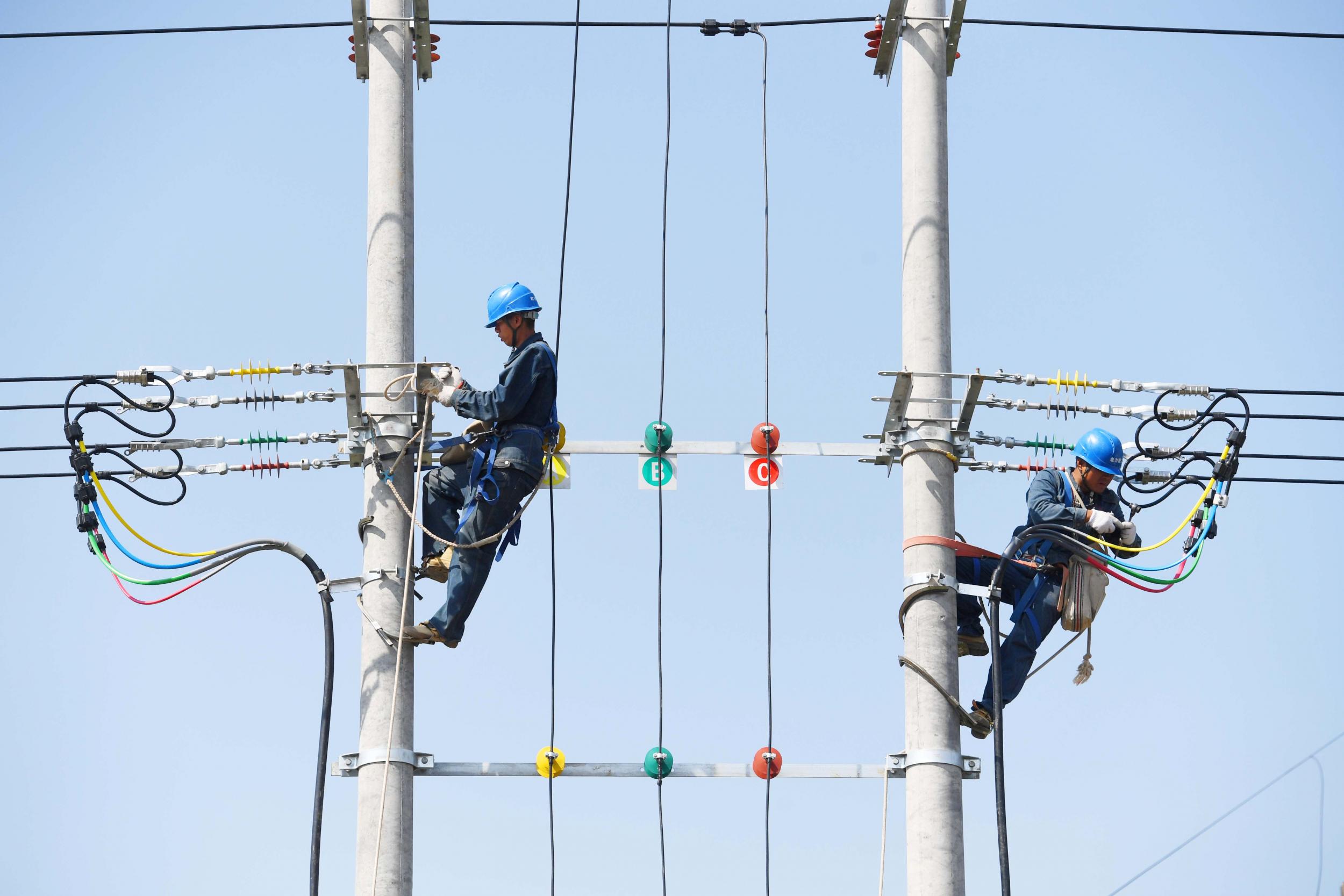Five things to look out for this August that could disrupt the current relative smoothness of the global economy
The most important issue in the world is how the US and China manage their relationship – the rest are second-order problems


We are heading into the August lull, and it has been a time of modest success for the world economy. Global growth has been sustained through the first half of the year. There have been no significant reverses in any major developed economy. It is not just that the US grew very strongly through the second quarter at 4.1 per cent annual rate. Most of Europe seems to have continued to grow at a decent clip, though we don’t have full data yet.
The UK is expected to have picked up pace from a slow start to the year. China, insofar as we can interpret the numbers, is growing at close to 7 per cent, with the IMF expecting 6.6 per cent for the year as a whole. And India is racing ahead.
So nothing adverse to report – except that there is a widespread feeling that something nasty is around the corner.
This is partly a simple function of the length of both the economic expansion and the bull market in equities. In the case of the US, this is now the second longest since 1850, and if growth runs on through to the middle of next year it will become the longest, beating the 1990-2001 growth phase. As for US bull markets, this spring it became the longest. We are, you might say, into overtime.
It is also a function of fears about a trade war, about the distortions caused by a decade of ultra-low interest rates, and about unresolved weaknesses in the global financial system.
So how might we know whether this unease is justified? What are the signals of a forthcoming recession? How serious might the downturn be?
Alas, there are no clear indicators. Anyone who pretends there are is a... well, I won’t say, but good luck to them. What I think is more helpful than pretending to have a magic answer is to set out things to think about. Here are my top five.
First, should we really be worried about a trade war? My feeling is no. What I think, or at least hope, is happening is a reset of global trading conditions that will ultimately boost world trade rather than undermine it. In the short term there will be disruption. There already is. But in the medium term, if a renegotiation of present trading arrangements takes place, the outcome could be to make cross-border trade more acceptable politically in both developed and emerging countries.
Next, and flowing on from this, should we be worried about Brexit? Again, my feeling is not – though this optimism may be proved very wrong. It makes no sense for countries that have a close trading relationship to try and stop their people buying from each other. On a long view, I am sure that Brexit will not make much difference either way, for the UK was either just in the EU or just out of it.
Disruption is never good, so a breakdown in negotiations would damage both sides. But I don’t trust the economic projections that Brexit might lead to a recession either in the UK or on the continent. There may be a recession in 2020, but it will be a global phenomenon, not a regional one.
Actually I am more worried about a breakdown in the European financial system as global interest rates rise. Eventually they have to, and when they do there will be debts that cannot be serviced. Italy’s sovereign debt hangs over the entire eurozone. The general rule is that things take longer to happen than you would expect and then do so more violently. Germany needs to revalue; Italy needs to devalue. How that will be handled is difficult to envisage, but could be most damaging.
I am also worried about China’s relationship with the rest of the world. We are now on the glide path to China becoming the world’s largest economy, with it passing the US in 10 to 15 years’ time. Actually, I have a lot of faith that China will eventually be a responsible custodian of its position, but there is a lack of flexibility on many issues that is troubling. This is the most important issue in the world – how the US and China manage their relationship – and the rest are second-order problems.
Finally, a familiar theme but one sparked by the fall in the share prices of Facebook and then Twitter at the end of last week: what happens to high-tech America? It may well be that that is peak social media, with that rapidly growing area of activity going ex-growth. But it certainly is not peak high-tech, with AI, facial recognition and the switch away from keyboards to voice commands all in their early stages. Does the US remain the leader on AI? What happens to money? Where is the next disruption, the next industry to be Ubered?
No easy answers, I’m afraid, but let’s see how things look when this column reconvenes in September.


Join our commenting forum
Join thought-provoking conversations, follow other Independent readers and see their replies